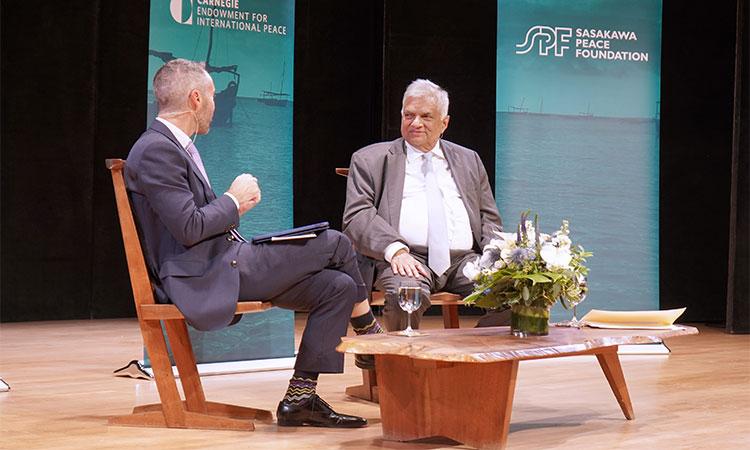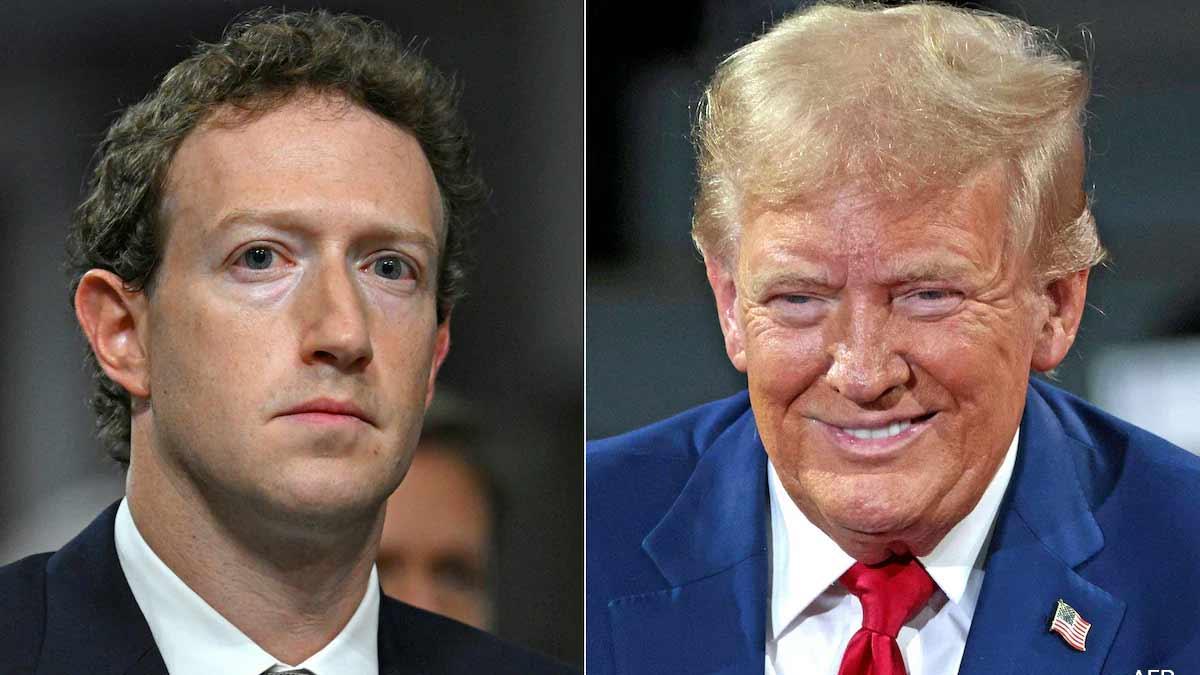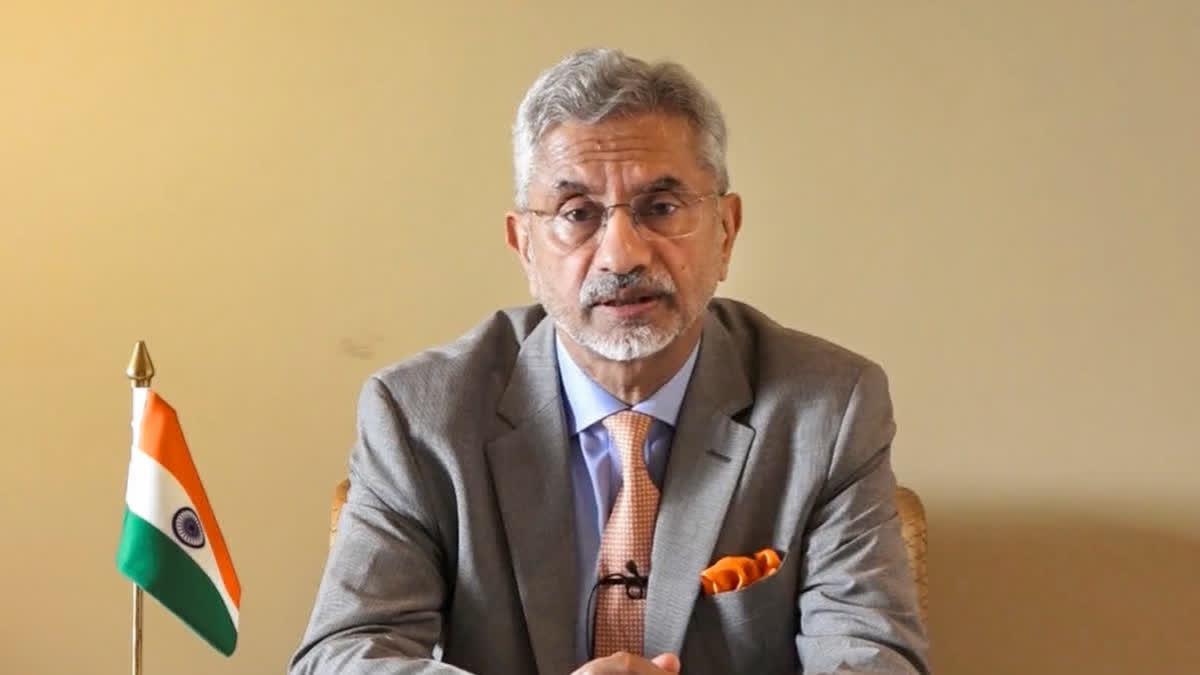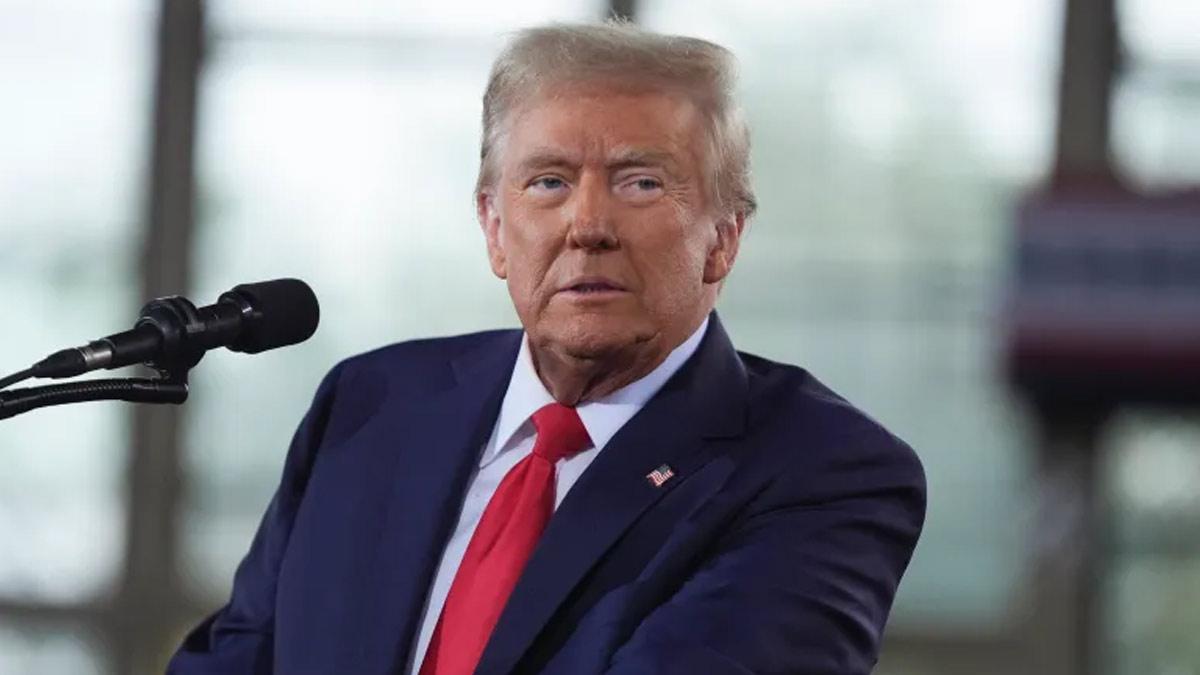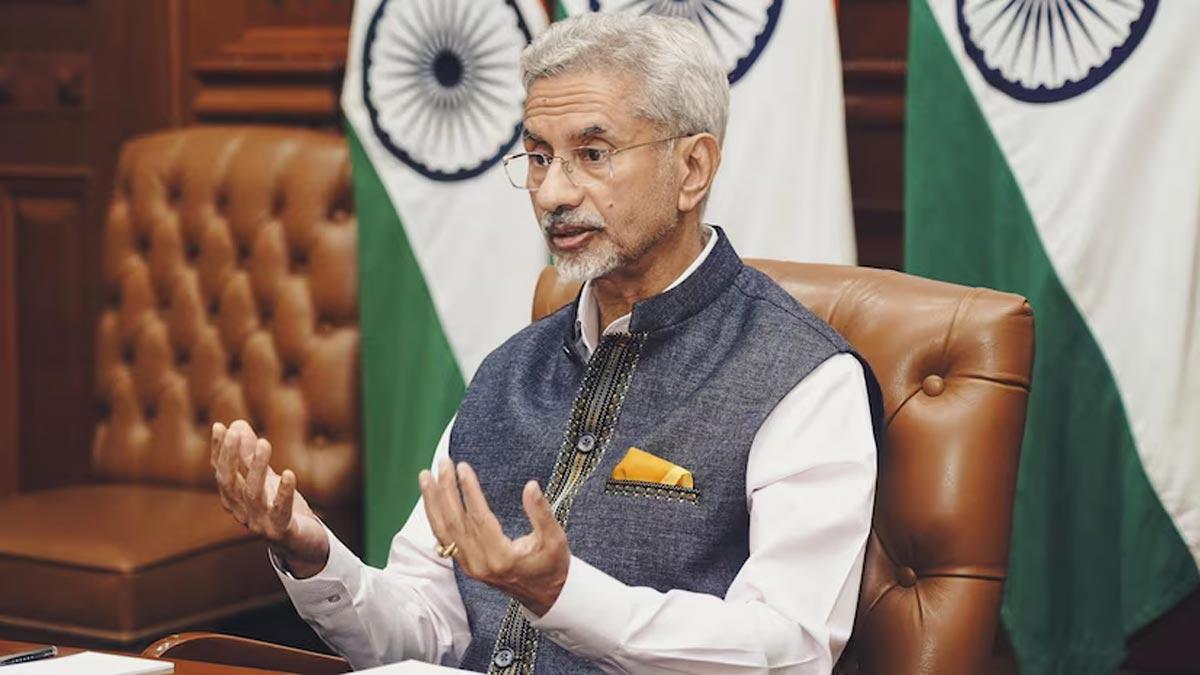Sri Lanka President Ranil Wickremesinghe on Tuesday said that his government will not align itself with either India or China but will firmly stands for Sri Lanka’s interests.
Wickremesinghe participated in the 'Ocean Nations: The 3rd Annual Indo-Pacific Islands Dialogue,' on Tuesday which was moderated by Dan Baer, Senior Vice President for Policy Research at the Carnegie Endowment for International Peace. The event was hosted by the Carnegie Endowment and Sasakawa Foundation.
Responding to a question raised on the Hambantota port, the President expressed concerns over the labelling of the Hambantota commercial port as a Chinese military base.
“The country is developing the Trincomalee harbour in cooperation with India and intends to raise the matter at international forums,” he said.
The President said that the island nations in the Indian Ocean and South Pacific have distinct priorities, unrelated to the Quad comprising the US, India, Japan, and Australia or China's objectives.
“Sri Lanka is open to collaboration with any partners willing to respect its autonomy,” the President said.
He said that the Quad has shifted from a focus on security and dialogue to applying coordinated pressure in the region. While surface warfare threats are minimal in the Indian Ocean, the issue of submarine warfare needs to be addressed within Indian Ocean Rim Association (IORA).
He highlighted the reluctance of island nations in the Indian Ocean and South Pacific to become embroiled in the rivalry between major world powers and emphasized that these nations are focused on their own priorities, including social, economic, and ecological development and seek to maintain their sovereignty and independence.
“The island nations of the Indian Ocean and South Pacific are resolute in their pursuit of independence, non-interference and the protection of their unique priorities amidst the evolving dynamics of great power rivalry in the Indo-Pacific region,” the President said.
In terms of regional frameworks President Wickremesinghe noted that China's rise occurred within existing regional frameworks such as APEC and ASEAN, which many nations prefer to maintain. The recent expansion of great power rivalry beyond these frameworks has raised concerns among member nations.
The Indo-Pacific concept has gained recognition, primarily due to mounting challenges from China, the President Wickremesinghesaid, adding that it has prompted a re-evaluation of regional dynamics and cooperation, such as the Jakarta Concord within the Indian Ocean Rim Association (IORA).
“The G7's attempt to involve European powers and NATO in the Indo-Pacific was met with opposition, with only France expressing interest. This move was seen as violating IORA's rules-based order,” the President said.
He also emphasised the need for IORA to accommodate the Indo-Pacific concept, recognising the interconnectedness of the Indian and Pacific Oceans and enabling cooperation among small island states in both regions.
“The island nations of the Indian Ocean and South Pacific are resolute in their pursuit of independence, non-interference and the protection of their unique priorities amidst the evolving dynamics of great power rivalry in the Indo-Pacific region,” Sri Lanka President stated.
Read also| How Canada became a safe haven for wanted Indian gangsters
Read also| Security beefed up around Canadian High Commission in Delhi

